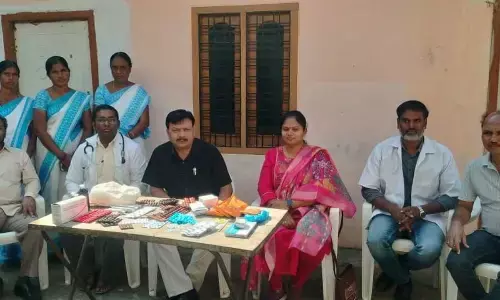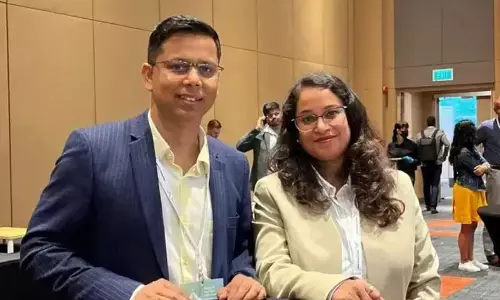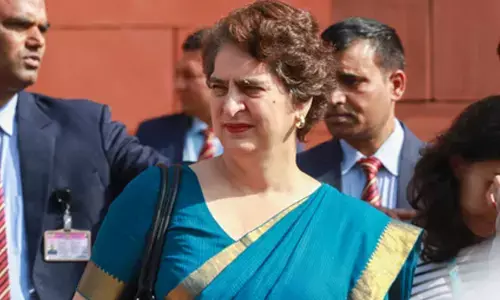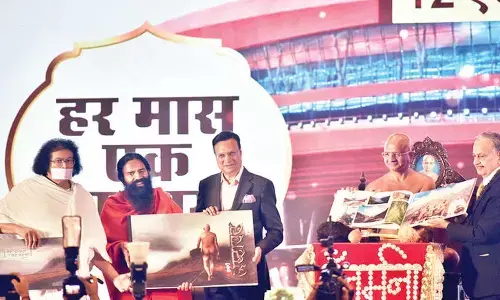Danger Chamar breaks shackles of caste system
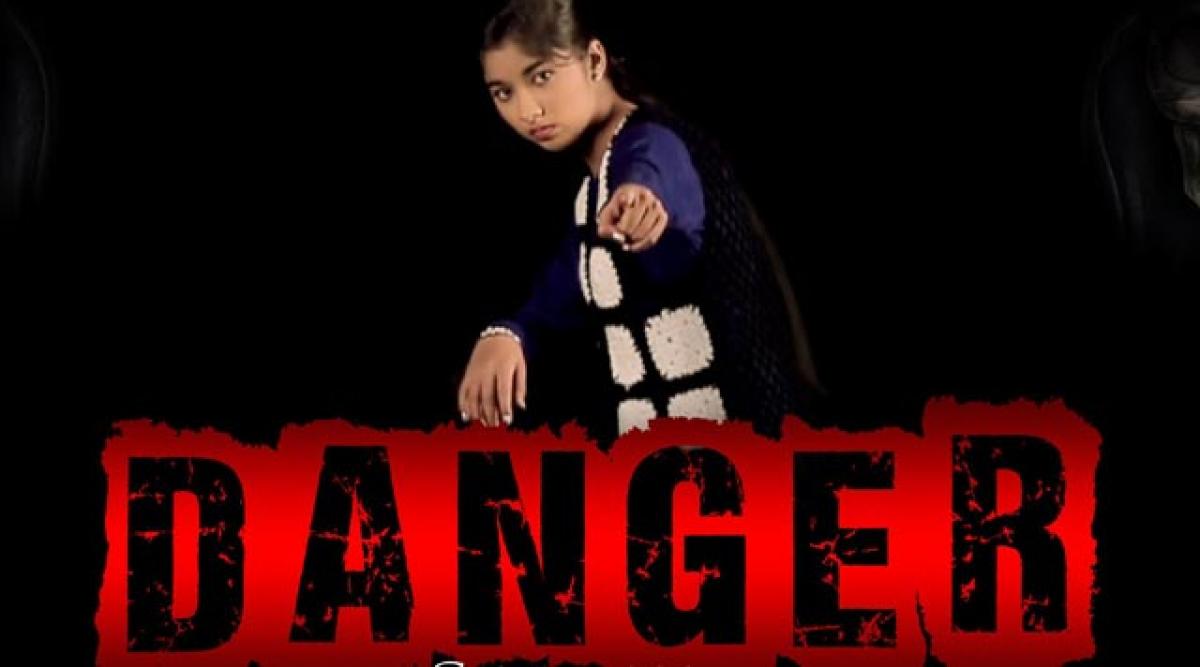
She took to singing when she was just seven and has, just a decade later, turned into a star of sorts within her community as she dared to wear her caste on her sleeve.
Punjabi teen takes caste voice to a new high
Jalandhar: She took to singing when she was just seven and has, just a decade later, turned into a star of sorts within her community as she dared to wear her caste on her sleeve. Meet Ginni Mahi, a 17-year-old from Punjab's Jalandhar town who has no qualms about being from the lower stream of the caste divide in the country.
Through her music video 'Danger Chamar', which she released last year (2015) and has notched up thousands of likes on YouTube, Ginni says that she has tried to break the shackles of the caste system that has been prevalent in the country's society for centuries.
Ginni comes from the scheduled castes and is not shy to say that she is a 'chamar', a low caste that used to be looked down upon by the caste-divided society till the constitution put a ban on doing so. The 'Danger Chamar' title for the song, according to Ginni, came after one of her friends in college here asked about her caste.
"The thought of creating a song (on the caste divide) came when I was asked about my caste in college. When I said that I was a chamar, the girl said that chamars are quite dangerous," said Ginni, a devotee of 15th century saint Ravidas. Ginni says that through her song, she has tried to point out that the chamars, a word considered derogatory under the law, are "dangerous to the extent that they can sacrifice anything to fight injustice".
She belongs to the Ravidassia community, which has a large following in Punjab's Doaba region (the extremely fertile belt between the Sutlej and Beas rivers). The community is a part of the scheduled castes. Sant Ravidas is revered in Punjab as a Dalit icon. The video portrays her as a modern singing sensation backed with muscled youth, jeeps and the singer herself in jeans and sporting a leather jacket.
A keen follower of Dr Bhim Rao Ambedkar, the chairman of the committee that drafted independent India's constitution, Ginni has sung another song "Fan Baba Sahib Di" that highlights Ambedkar's contribution to bridging the caste divide in the country. Ambedkar is popularly known as "Baba Sahib".
Ginni's popularity through her songs has grown within Punjab's Dalit community and her bold endeavour has helped in its empowerment. At 32 per cent of its nearly 28 million population, Punjab has the highest percentage of Dalits among all states. A majority of the community is based in the Doaba belt.
The teenaged-singer hit the social media platforms through her first album, "Guruan di Diwani" that came out in 2015. Her popularity can be gauged from the Rs 30,000-per performance she attracts in the market.
But Ginni does not want to sing community-based songs alone. Her ambition is to hit it big as a playback singer in Bollywood's music industry "so that I can reach out to a bigger audience". Her love is for devotional and Sufi songs. Her parents, Rakesh and Paramjeet Kaur Mahi, are solidly behind Ginni in her pursuit of singing excellence.
By Jaideep Sarin








